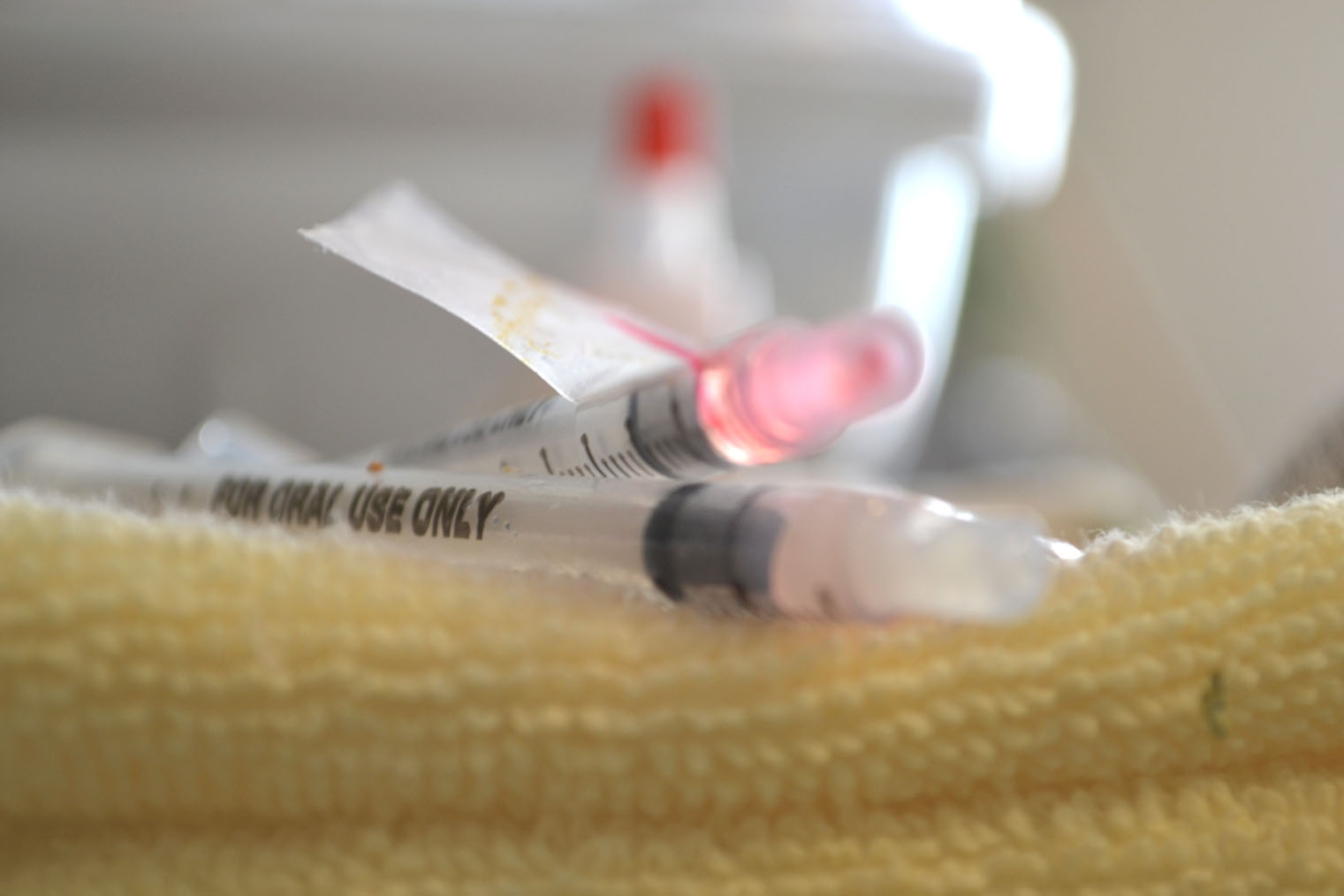- Study Says Most Parents Don’t Use Car Seats In Ride Share Vehicles Like Uber
- This 12-Year-Old Boy Is A Sophomore Aerospace Engineering Major!
- Fire Safety Experts Warn Of Hand Sanitizer Danger After A Mom and Kids Escape House Fire
- Recall Alert: Peaches May Be The Cause Of Salmonella Outbreak, 68 People Ill
- Summer Vacation In The Days Of COVID: Tips To Stay Safe
- How To Safely Grocery Shop During The Coronavirus Pandemic
- Michigan Teen With Vape-Related Illness Undergoes Double Lung Transplant
- Teen Kicks Off Anti-Vaping Campaign From Hospital Bed
- Teenager Receives Life Sentence For Strangling Sister To Death Over A Wi-Fi Password
- Toddler Falls To Death From 11th Deck of Cruise Ship
Study Says Many Parents Are Overdosing Their Children


A study published earlier this month in the Journal Pediatrics, suggests that many parents are making dosing mistakes when giving medicine to their children.
It’s enough worrying about your child being sick, so having to be concerned about measurements adds even more stress for parents.
However, Dr. Shonna Yin, an associate professor at NYU Medical School and a co-author of the study says that there’s an easy way of preventing these errors. By using a syringe instead of a cup or spoon, this could prevent many of those errors.
Yin says “When parents used dosing cups, they had four times the odds of making a dosing error, compared to when they used an oral syringe,”
Most medications made for children come in a liquid form. Accuracy is critical for their small little bodies and oral syringes should be the standard. However, parents can be put quite in a frenzy when their kid is sick and the fact that the labelling, packaging and dosing information on these medications are not standardized.
“A range of measurement units (eg, milliliter, teaspoon, tablespoon), along with their associated abbreviations, are used as part of instructions on labels and dosing tools, contributing to confusion and multifold errors,” Yin said “Similar to what other studies have found, our study found that parents with lower health literacy are at greater risk for making dosing errors,”
Language also plays a role, especially for parents who do not speak English.
The aim of the study was to to identify what could reduce errors when dispensing medicine to a child and they found that the most common mistake was indeed overdosing, where 68% of the study participants poured out too much medicine, rather than too little.
What’s scary is that the most serious side effects like increased heart rate and blood pressure may only seem as fussiness in little children and parents won’t know what’s really going on.
The recommendation for syringes is very important and let’s hope that the dosage labelling information becomes standardized very soon.








0 comments